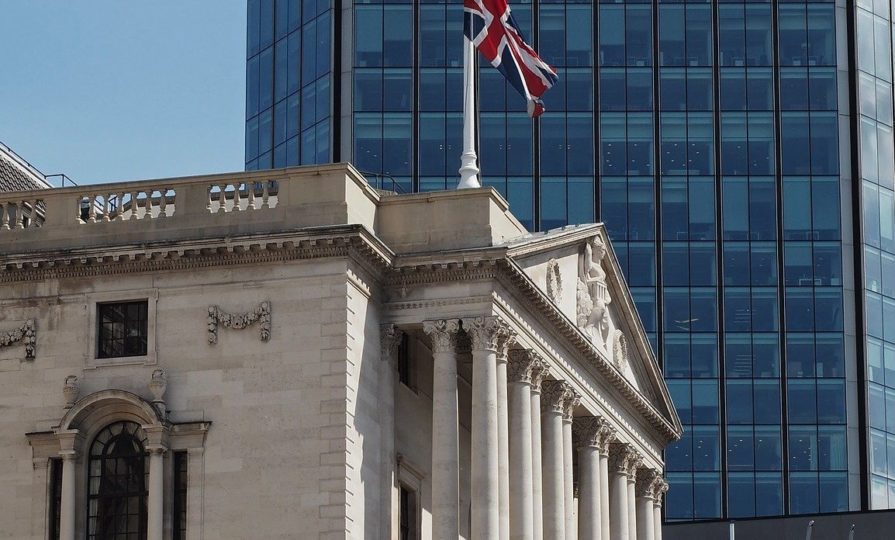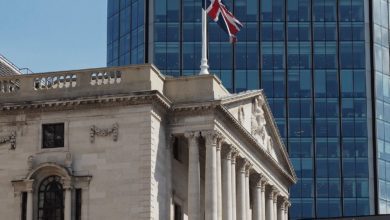Bank of England holds rates, predicts strong vaccine rebound
BoE said the UK economy could be expected to reach pre-pandemic levels of Q4 2019 by the first quarter of 2022

The Bank of England (BoE) has predicted an economic rebound in the spring led by a successful vaccine rollout, after revealing it will be holding interest rates at 0.1%.






